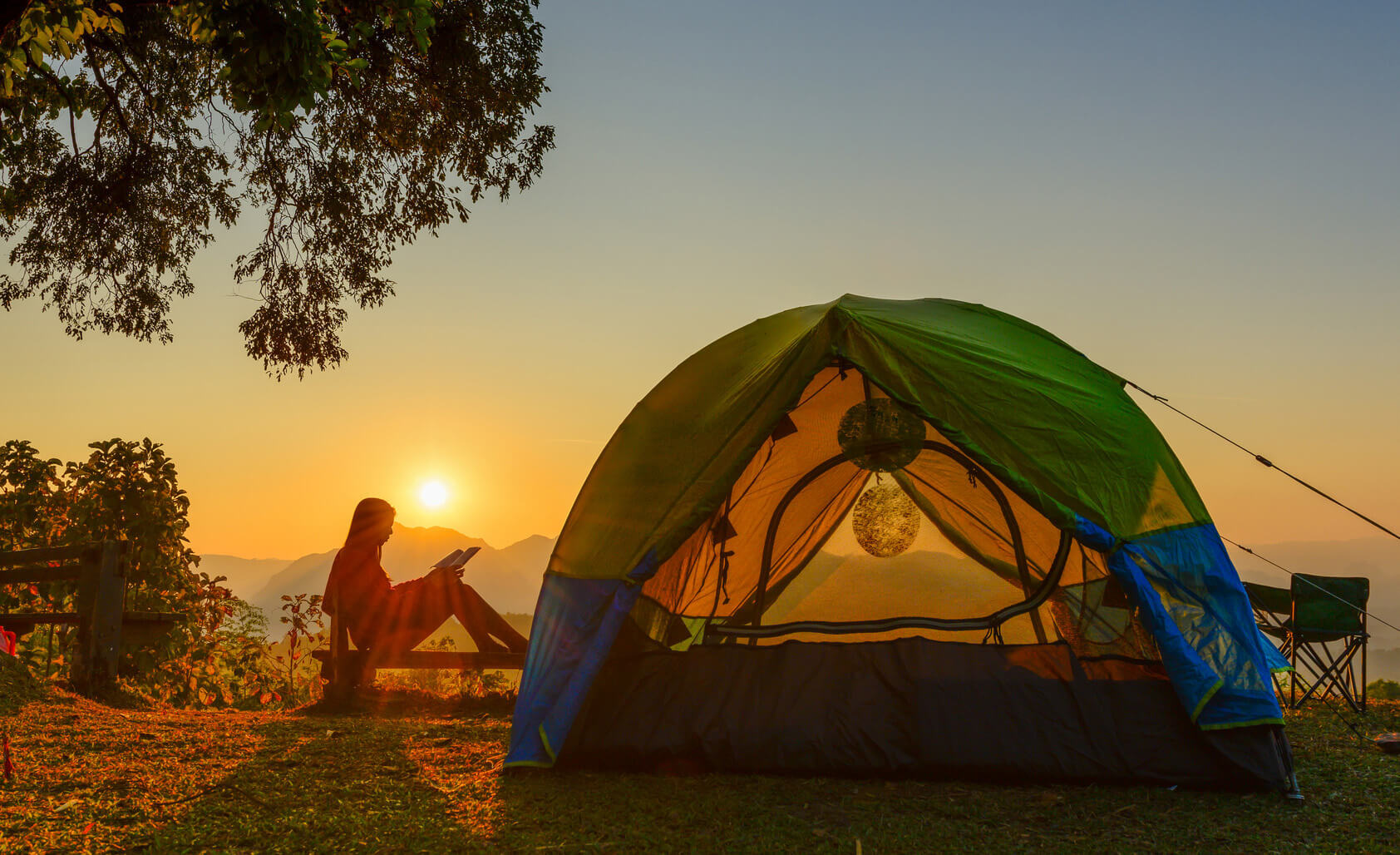Tent camping near me
Find and book the best tent sites on Spot2Nite.
Tent camping near me
Find and book the best tent sites on Spot2Nite.
Tent camping offers the best of both worlds: the classic camping experience of campfires and sleeping under the stars, with the added bonus of convenient access to essential amenities. Spot2Nite partners with a wide range of campgrounds to provide you a diverse collection of options for your tent camping adventure, meaning you can easily find and book a spot that perfectly fits your idea of outdoor fun. Keep reading to learn more about tent camping and how to prepare for your weekend in the great outdoors.
